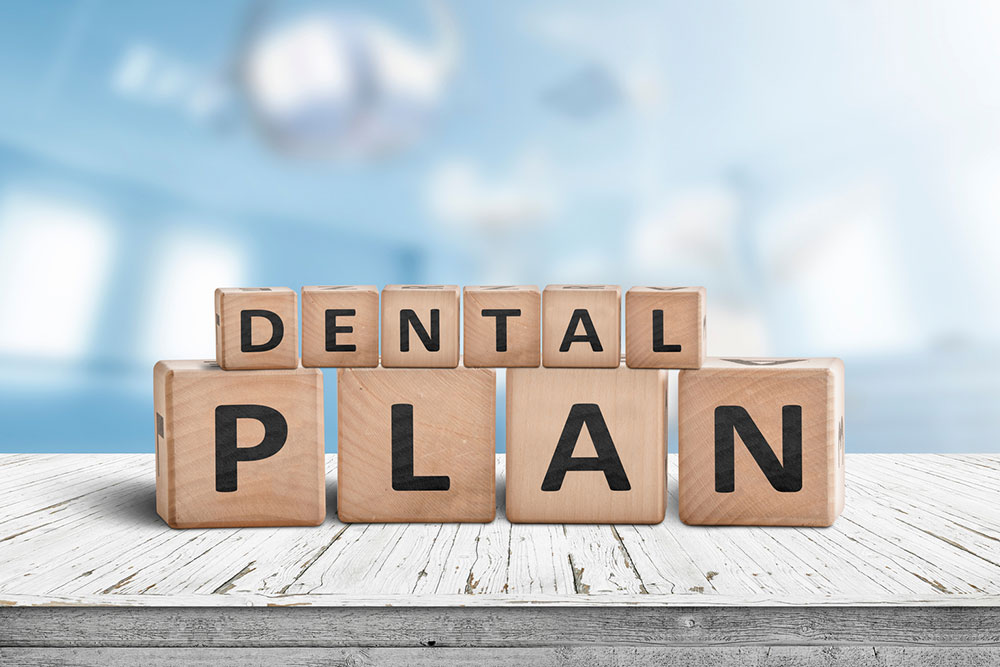
3 mistakes to avoid when choosing a dental plan
While planning medical expense coverage, many tend to focus solely on health insurance and not so much on dental plans. But this could be a mistake, as dental treatments can be expensive. So, if the need ever arises, a good dental coverage plan can help one save a lot of money on getting dental work done. However, to find the right plan, it is essential to avoid rushing the process and making the following mistakes:
1. Not checking discount calculation
One of the most common mistakes while choosing a dental plan is not asking the insurance provider how they calculate the discount rates. For instance, if one approaches an insurance company that claims to offer a 30% dental discount. While this may seem like a great offer, it might not necessarily be accurate. This is because the provider might advertise the best-case discount in one particular location and not the average rate of discounts dentists accept for their services. Plus, not all insurance companies calculate the discounts in the same way. So before choosing a plan, it is very important to ask the company to explain their discount rates clearly.
2. Only focusing on low premium rates
While choosing a dental plan, it can be tempting to choose one with the lowest premium rates. However, this might not be a good decision. A low premium rate could mean low coverage for dental procedures. Alternatively, it could mean that many key dental services and procedures are not included in the coverage. So, if one chooses such a plan, they may end up paying a large portion or the entire cost of the procedure out of their own pocket.
3. Overlooking plan network
Another aspect to focus on when choosing a dental plan is the network of dentists, i.e., those healthcare providers that will offer a pre-negotiated discounted rate for their services. But instead of just focusing on the size of the network, one should consider its overall value. This is determined by three things: the fees of the dentists within the network, the discount rates, and the quality of care offered by in-network dentists. Ultimately, it is the network value that will help one save more money and also get good-quality dental care.







